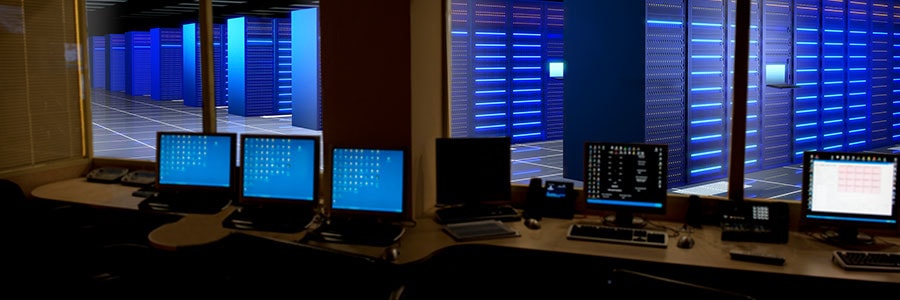Unforeseen disasters can strike at any time, and when they do, your business could come to a grinding halt. Having a business continuity plan could prevent this from happening by securing your valuable business data at another location. But all too often, data backup can be too complicated for the average IT personnel to manage.
Cloud hosting for business continuity
The benefits of cloud solutions in healthcare
What are virtual containers?
The cloud and virtualization explained

Virtualization and cloud computing can be confusing, especially to business owners who are not familiar with them. But when you understand their differences, you’ll be able to best take advantage of these technologies.
Virtualization
Imagine a company with five servers, each assigned a single task such as storage, email, etc.
Serverless computing and its benefits

Serverless computing is one way to reduce management burdens brought about by the need to configure several servers. But before you adopt this technology, it’s important that you first understand its basic principles as well as how you can leverage it to improve your day-to-day operations and, ultimately, your bottom line.
Cloud migration made safe and secure
Hybrid cloud: Give your SMB more flexibility
Virtualization is not the same as the cloud

Virtualization and cloud computing are sometimes used interchangeably, and it's easy to see why people confuse the two. To set the record straight, virtualization is NOT cloud computing. But these two revolutionary technologies often overlap.
Virtualization
Imagine a company with five servers, each assigned a single task such as storage, email, etc.
Will Containers change IT?

New technological developments such as cloud computing and virtualization are prying small- and medium-sized businesses away from traditional client-server architecture. In contention now lie Containers, a technology influenced by cloud computing that offers a less complex alternative to virtualization.







